Kopaonik Business Forum starts
The 22nd Kopaonik Business Forum kicked off Tuesday in Serbia's largest ski resort, with over 600 participants taking part over the next three days.
Tuesday, 03.03.2015.
12:58

Kopaonik Business Forum starts
"The Serbian government has a serious reform plan that it will not give up on as it is already producing results," Prime Minister Aleksandar Vucic said, opening a plenary session titled "Strategic Audit of Serbia's Position and Recovery Prospects".Unfortunately, Serbia has to pay the price of bad policies from the past and, for that reason, today it has to save on salaries as well as on pensions, Vucic noted.
The government has opted for restrictive measures as its objective is to encourage economic growth and development in the country, Vucic said, adding that austerity measures were preceded by restoring order in public finances.
The prime minister thanked the economists who were capable of identifying the gravity of the government's measures and the Fiscal Council for the valuable support and criticism.
"(Economic) growth is what is ahead for us now," Vucic said, adding that, for the first time in its modern history, Serbia has achieved a RSD 1,895 billion surplus.
The Business Forum began with the playing of the Serbian national anthem, and the participants were welcomed by the president of the Serbian Association of Economists (SES), Aleksandar Vlahovic.
In a brief speech, he said that the participants of these conferences always addressed the most significant and the most current economic topics in Serbia as the goal of the Forum is to help the creators of the national economic policy.
The 22th Kopaonik Business Forum titled "Serbia 2015-2030: New Vision for Industrialization of the Economy and Modernization of the Society" brought together a record number of 600 participants.
The forum will bring together government officials, the governor of the National Bank of Serbia (NBS), officials of the EU Delegation to Serbia, the European Bank for Reconstruction and Development, World Bank, the International Monetary Fund (IMF) and other international financial institutions.
Several ambassadors also confirmed their attendance, as well as representatives of Serbian companies and banks, and Serbia's distinguished economic theoreticians and investors from Serbia and the region.
Over 100 panelists will take part in this year's Kopaonik Business Forum, popularly known as the "Serbian Davos", with the national news agency Tanjug as its media sponsor for the third consecutive year.
One of the key topics that the forum will tackle is the restructuring of public enterprises, which are a "critical point" for success of our structural reforms, Vlahovic announced.
We will hold a discussion whether our monetary policy should be eased since we have a responsible fiscal policy, and whether the government can have a positive impact on the economic activity and growth through bigger fixed investment, he said.
As every year, the Forum will produce a Kopaonik consensus with the main conclusions.
Belgrade-based broadcaster N1 will provide live coverage of the first two days of the Kopaonik Business Forum. Over 100 journalists will report from the event.
The organizers of 22th Kopaonik Business Forum are the SES and the Serbian Association of Corporate Directors.
"Lack of initiative"
Over the last year, Serbia made progress in the field of public finance, but it is still facing the lack of initiative, entrepreneurial spirit and domestic investments, Serbian Prime Minister Aleksandar Vucic stated on Tuesday.Vucic said at the 22nd Business Forum on Mt. Kopaonik that the Serbian government's goals are to reduce fiscal deficit and growing public debt and to ensure economic growth both in the medium and the long term.
“We adhere to this program fully and strictly and it has already started to yield results,” said Vucic, after opening the plenary session under the title “Strategic Audit of Serbia's Position and Recovery Prospects”.
He pointed out that several modern laws in line with the EU practice have been adopted during the government's mandate, such as the laws on labor, pensions, bankruptcy, planning and construction and fiscal consolidation measures.
Consequently, Serbia managed to reach an agreement with the IMF, he said.
Today, we are paying the bills of a bad and irresponsible policy pursued earlier, Vucic said, pointing out that in January and February 2013, the country's deficit amounted to RSD 37.669 billion, in January and February 2014 it was RSD 36.294 billion, while in the first two months of this year, for the first time in Serbia's recent history, we had a surplus of RSD 1.895 billion.
He also said that January and February 2015 saw increased tax collection and a slight employment growth, but the serious problem of low capital expenditure remained.
In the first two months of 2013, capital expenditures amounted to RSD 2.130 billion, against RSD 1.615 billion a year later and RSD 540 million this year, said Vucic.
“It shows that we still have no ideas or projects and that, even when we have money, we do not know what to do with it,” he added.
"We have tightened our belts and locked our state coffers, but these make only minimal savings,” Vucic said, stressing that “we should not be making savings by cutting capital expenditures.”
“Capital expenditures and investments in infrastructure are the only way to achieve economic growth and that is why we are setting hopes on the Belgrade-Budapest railway, the Belgrade Waterfront project and other projects that can contribute to the growth of our GDP this year,” the prime minister said.
Besides the need for the government to increase capital investments, the Serbian economy is burdened not only by the lack of money and the participation of the banking sector in financing, but also by a lack of ideas and entrepreneur spirit in Serbia, he said.
“We have an intelligent nation and people, but our entire business sector relies on the state, with practically no private initiative,” Vucic said, calling on entrepreneurs to help change this.
Last year, despite all the adverse effects of major natural disasters that hit the country, Serbia had RSD 1.3 billion in foreign investment, the biggest challenge being the lack of domestic investment.
Vucic said that the Swiss deputy prime minister would come to Serbia and try to share the country's experience concerning the dual school system, which implies that, once they finish their studies, secondary school and university students are ready for the labor market.
“If we offer them hands-on trainings while they are still in school, we will have a better skilled and more motivated workforce,” the prime minister said, adding that domestic businessmen should also join the efforts.
Vucic underscored that the government chose a more difficult path to a recovery of the Serbian economy, and is committed to staying the course, as it is positive that this is the only way forward, toward a more developed and modern Serbia.





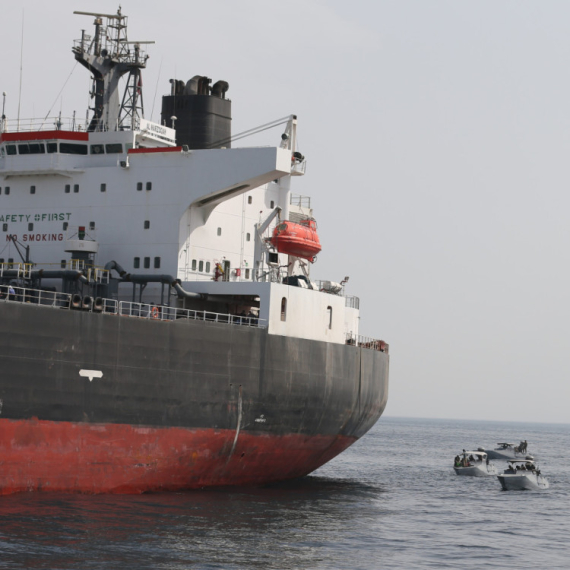




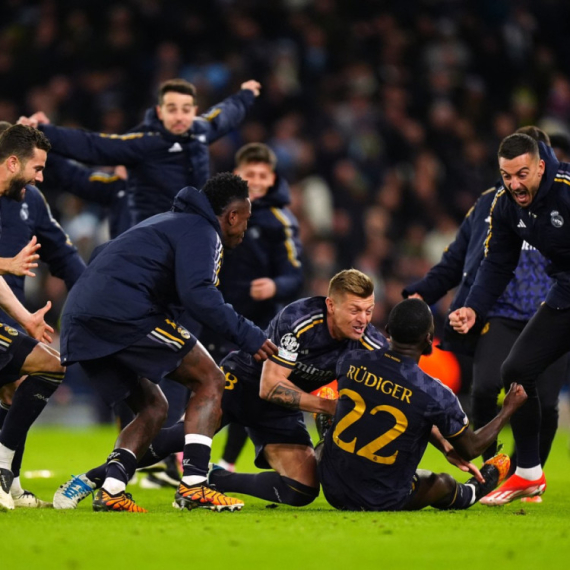

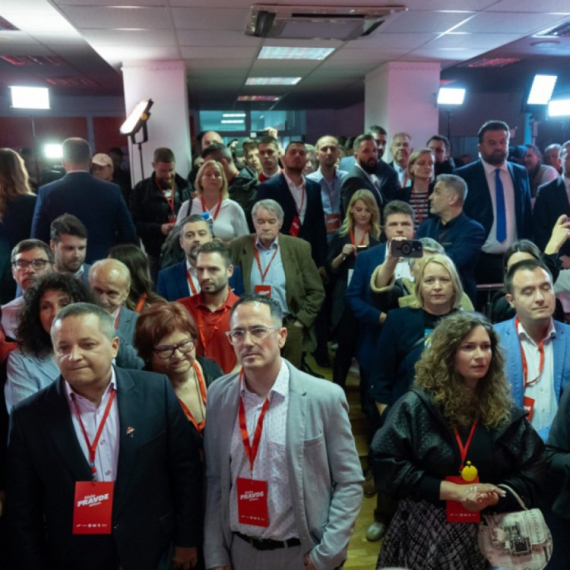
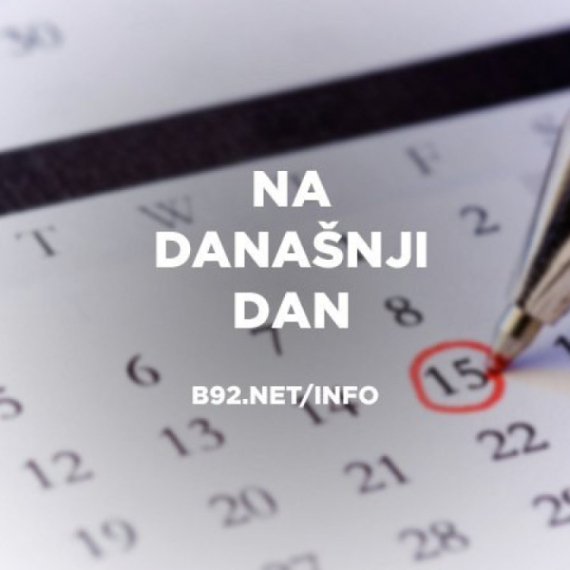

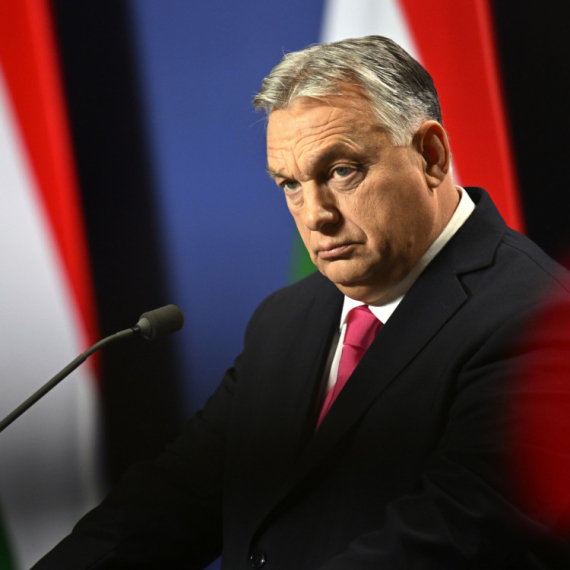
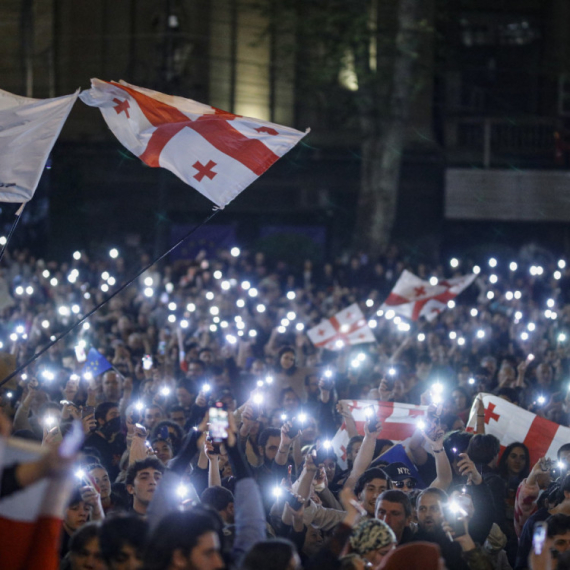

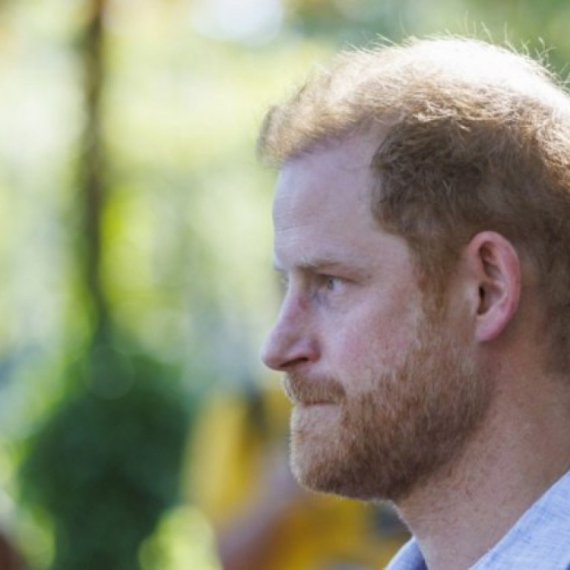






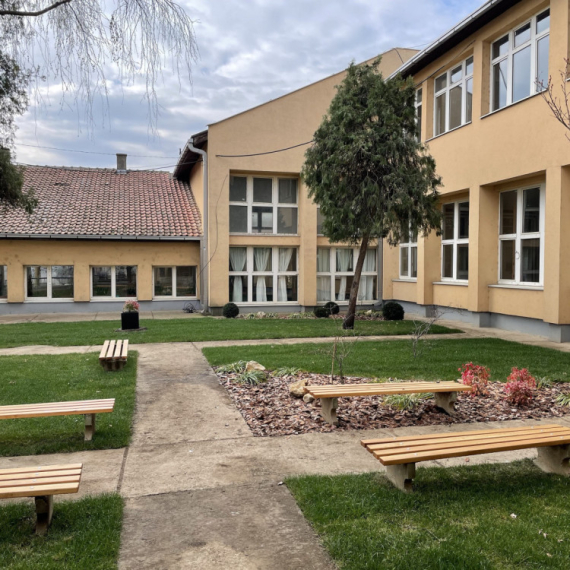





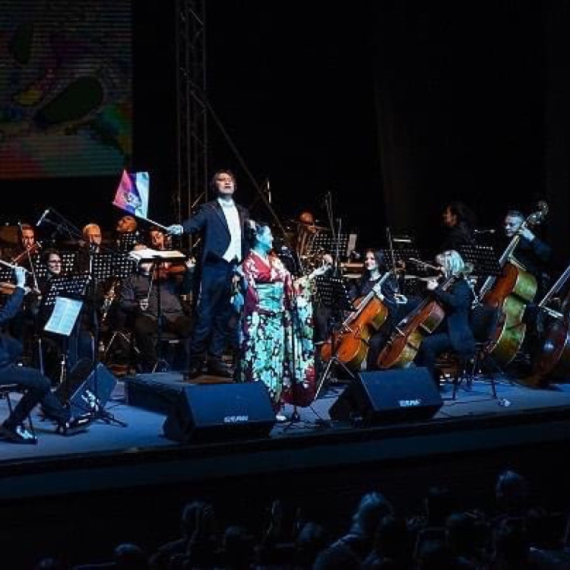







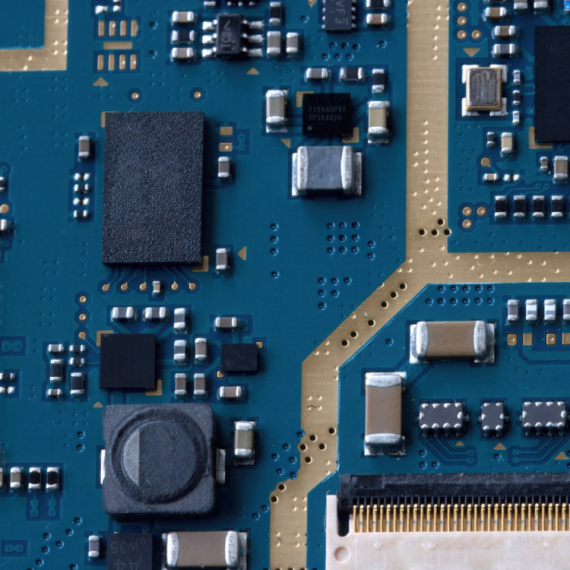
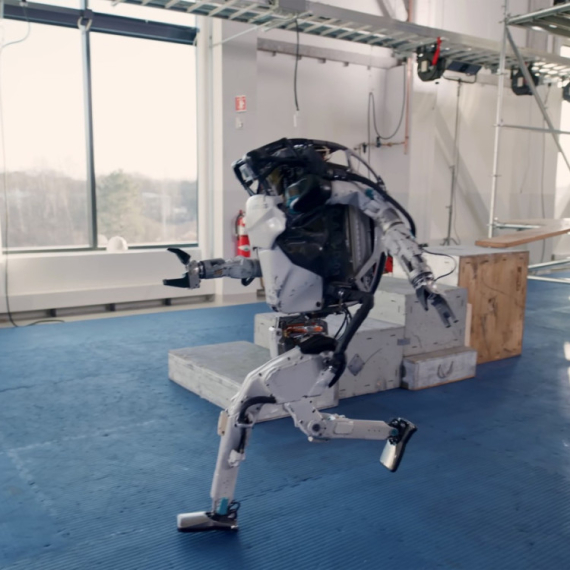





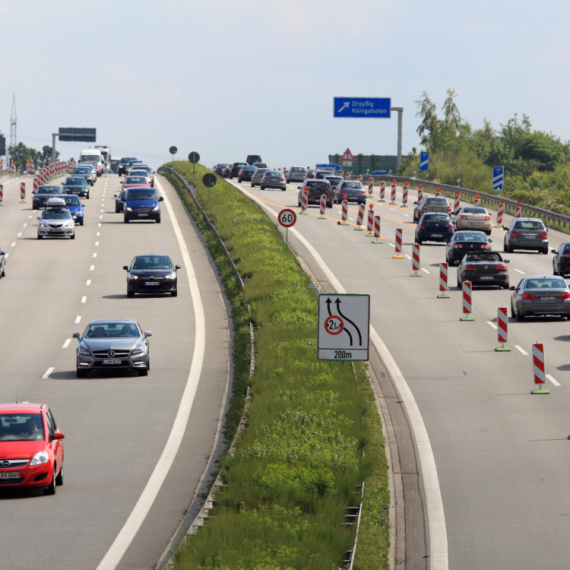

Komentari 0